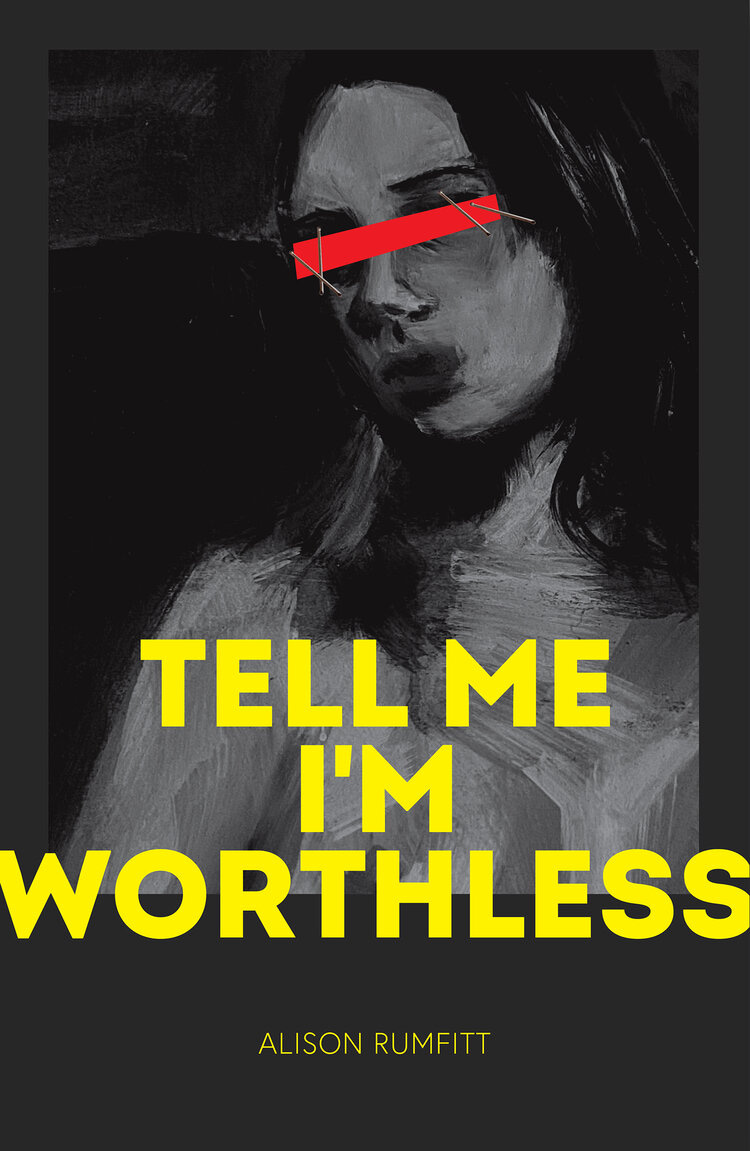
Radical and terrifying. The book opens with a Deleuze quote, and (of course) I can’t help but think about through that lens. The House is a palpable and properly insidious expression of the Oedipal triangle, and it represents all that Deleuze and Guattari originally intended: gender and sexual normativity, fascism, the strictures of societal expectations and so on. In a pair of words, Freudian psychoanalysis. Rumfitt gives her representation of this mental, sexual, and societal cell the weight that it requires; to her, it’s not an observation from the relatively safe space of the 1970s like D&G’s was. No, she knows how dangerous and real The House is. Tell Me I’m Worthless is presentiment, not in language but in feeling. Portentous, not through data or rationality, but through fear. It evinces the existential terror we all felt on January 6th—we saw irrefutable truth that fascism is here, and real—but Rumfitt does it through the lens of someone whose whole life has been ruddered by that terror. She viscerally illustrates that fascism is the cop inside your head and is asking you to, in the words of Boston hardcore band Move, “kill the cop inside your head, decarcerate your mind.”